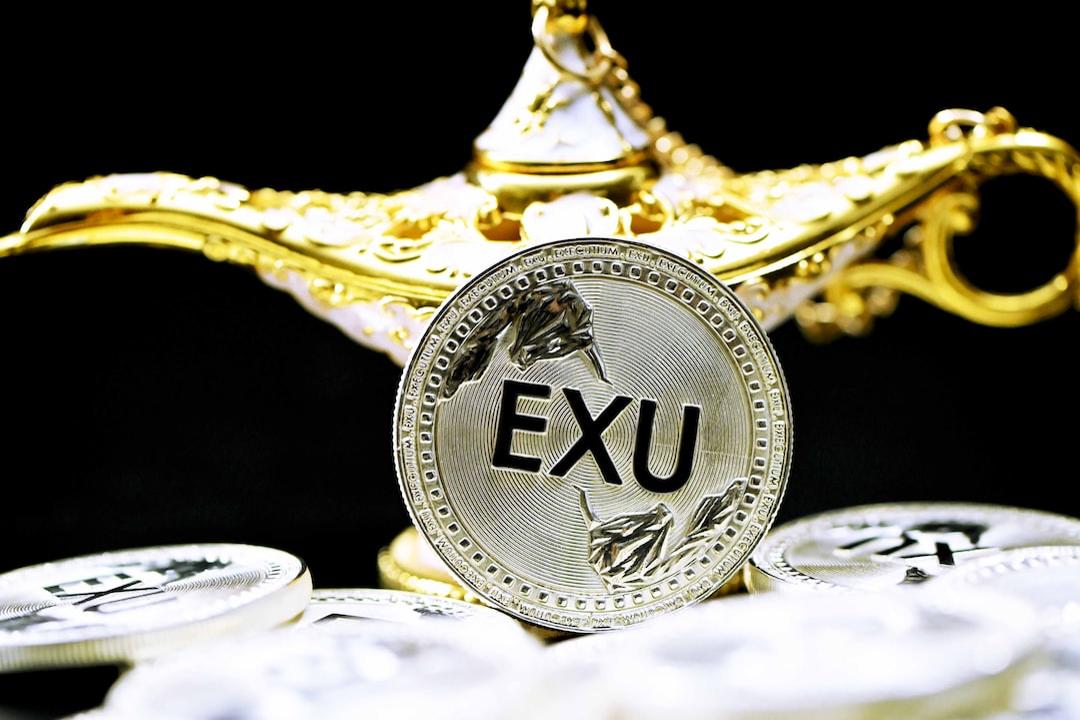Global largest asset management company BlackRock CEO predicts asset tokenization will become the next financial revolution, warning that U.S. debt may allow digital assets like Bitcoin to replace the dollar’s status.
(Background: BlackRock CEO: If U.S. debt deficit is not resolved, “Bitcoin will replace the dollar,” tokenization is democratization.)
(Background Supplement: “Alpha Gold Mining” claims to be BlackRock on-chain, how the “Reserve Protocol” leads the RWA track trend.)
BlackRock CEO’s Annual Letter Highlights Tokenization’s Impact
In an annual letter released on Monday, Larry Fink, the CEO of the world’s largest asset management company BlackRock, pointed out that asset tokenization is the most disruptive financial innovation since ETFs (exchange-traded funds) and is expected to reshape the global financial system and promote financial democratization. Fink elaborated on the profound impact of tokenization on capital markets:
First, asset tokenization will disrupt the existing settlement systems. Fink described:
“The SWIFT system is like processing emails with a fax machine.” Tokenization will enable real-time on-chain settlement of assets such as stocks, bonds, and real estate, releasing hundreds of billions of dollars in liquidity frozen due to settlement delays, facilitating “frictionless flow” of global capital 24/7.
Second, tokenization will help build inclusive financial infrastructure. By allowing assets to be infinitely fractionalized (for example, ownership of one-millionth of a building), general investors will access exclusive areas like private equity traditionally reserved for institutional investors. At the same time, the automatic execution of smart contracts will enhance shareholder voting and corporate governance participation, breaking down traditional investment barriers and allowing more investors to share in high-yield opportunities.
Fink emphasized that digital identity verification will be the key to whether asset tokenization becomes mainstream. He mentioned that for tokenized funds to become mainstream, a more reliable identity system than SWIFT must be established. He specifically cited India’s Aadhaar system (which covers 90% of the population and enables mobile identity verification) and called for global cooperation to build a compliant digital identity framework, which will be crucial for unlocking trillion-dollar tokenization markets.
BlackRock CEO: Warning About the Risk of Bitcoin Replacing the Dollar
Fink warned that the growing national debt of the United States could threaten the dollar’s status as the global reserve currency. He stated that this situation provides opportunities for alternative assets such as Bitcoin.
“If the U.S. cannot control national debt, Americans may turn to Bitcoin rather than the dollar in the future.” — Larry Fink
The U.S. national debt has exceeded $36 trillion, far surpassing the country’s Gross Domestic Product (GDP), indicating severe pressure on the U.S. economy. In his annual letter to shareholders, Fink wrote:
“If the U.S. cannot control its debt, and if the deficit continues to swell, the U.S. may lose its status as the global reserve currency, replaced by digital assets like Bitcoin.”
Although Fink emphasized that he is not a critic of cryptocurrencies and holds a positive view towards decentralized finance (DeFi), he is concerned that a decline in confidence in the dollar may provide opportunities for alternatives like Bitcoin. He wrote:
“If investors start to see Bitcoin as a safer choice than the dollar, this innovation could undermine America’s economic advantage.”
Fink’s views align with those of an increasing number of financial professionals and industry organizations who express concern over the growth of U.S. debt. Moody’s credit rating agency downgraded its outlook on U.S. debt earlier this month, citing the Trump administration’s aggressive tariff policies and funding of unclear tax reduction policies.
The Future of Asset Tokenization: Overcoming Identity Verification Challenges
Fink once again predicted that the tokenized versions of traditional financial assets would become as ubiquitous as ETFs. With traditional assets like stocks and bonds being tokenized through blockchain technology, markets will never close, and settlement times will shrink from days to seconds. He stated:
“Billions of dollars currently frozen due to settlement delays can be immediately reinvested into the economy, promoting further growth.”
However, Fink pointed out that before all this can happen, a significant challenge facing tokenized assets is the issue of investor identity verification. Fink noted:
“If we can solve one key problem—identity verification, tokenized funds will become as familiar to investors as ETFs.”


